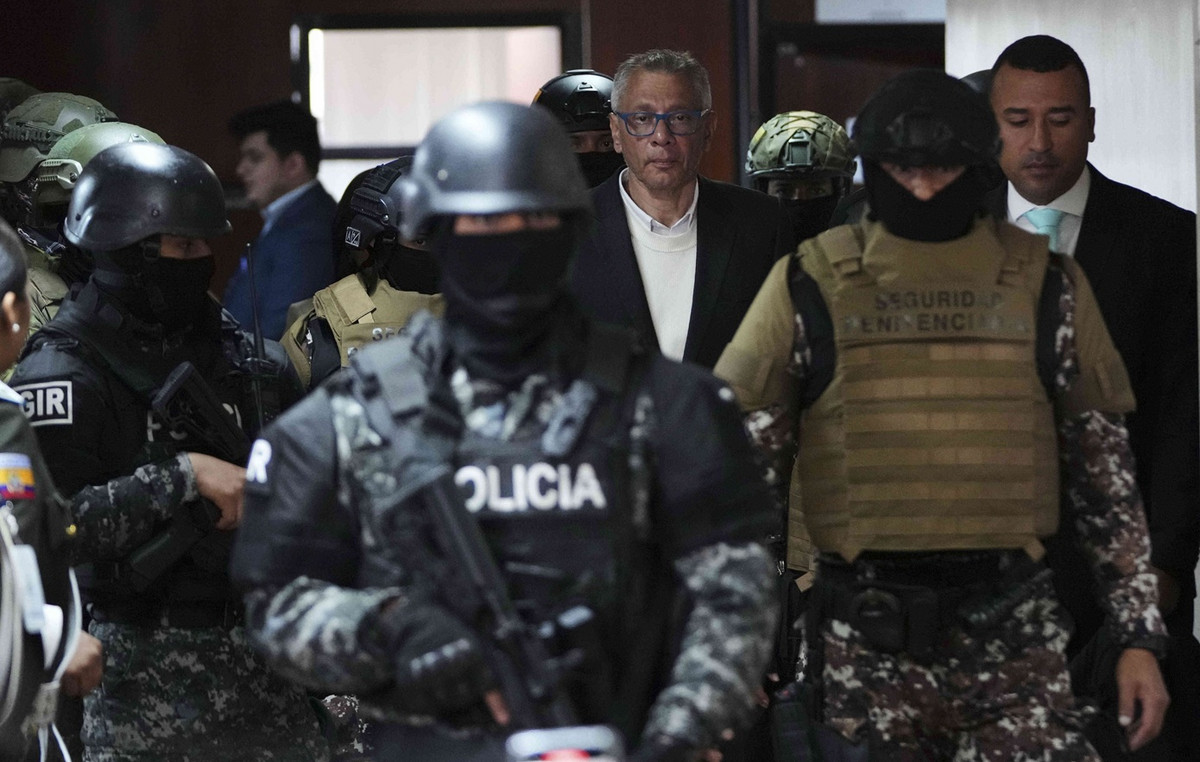At a conciliation hearing convened by Minister Gilmar Mendes, of the Federal Supreme Court (STF), to seek an agreement on the issue of the Tax on the Circulation of Goods and Services (ICMS) levied on fuel, the states presented, this Tuesday (28) , proposals to try to solve the issue. The Union committed to respond by the end of Wednesday (29).
The first proposal is that the ICMS tax base on diesel is calculated based on the average of the last 60 months.
The states also propose not linking the modal rate with the issue of essentiality, so that the shares of the Fund to Combat Poverty are not reduced.
They also ask that ICMS rates on fuel supply operations at a level higher than that charged on operations in general be applied only from 2024, as the STF decided in the judgment in relation to electricity and telecommunications services.
The states also request the withdrawal of the inclusion of the Tariff for the Use of the Electric Power Transmission System (TUST) and the Tariff for the Use of the Electric Power Distribution System (TUSD) in the ICMS calculation basis until the process that discusses the matter is finalized in the Superior Court of Justice (STJ).
Minister Gilmar Mendes, at the opening of the hearing, clarified that “our Federation is formed by the inseparable union of all Federative Entities and we are here to discuss its bases for continuity”.
“Tax collection is not an end in itself. On the contrary, the financial resources exist to face the numerous expenses that arise from the fundamental rights guaranteed in our Constitutional Charter,” she said.
According to the minister, there is discussion about the best way to reduce fuel prices worldwide.
“In a previous action that debated the financial compensation owed by the Union to the States due to the exemption of exports provided for in the Kandir Law), in which a formidable agreement with the same parties present was possible”, he said.
In the end, he urged everyone to think about the Brazilian people, “who have been suffering the most bluntly the consequences of periods of abnormality”.
Governor Paulo Câmara (PSB-PE) criticized the lack of dialogue between the Union and federative entities. Rui Costa (PT-BA) highlighted that the fuel production chain in Brazil is an oligopolistic market. “A possible tax reduction will be transferred to the consumer or will it be incorporated as a profit margin for companies?”, he pointed out.
Governor Regina Souza (PT-PI) defended compensation to the states with the reduction in revenues caused by LCs 192 and 194, as otherwise there will be a decrease in transfers to municipalities and difficulties in the payroll of civil servants.
For Ranolfo Vieira Júnior (PSDB-RS), the complementary laws offend the federative pact and, therefore, he asked for a modulation of their effects.
In the assessment of Governor Cláudio Castro (PL-RJ), the states have already done their part by freezing, in November last year, the value of ICMS charged on fuel sales.
The president of the National Committee of Secretaries of Finance, Finance, Revenue or Taxation of the States and the Federal District (Comsefaz), Décio Padilha da Cruz, informed that this measure caused a waiver, by the states, of R$ 19 billion until May this year. .
Representatives of the Ministry of Economy, the Attorney General’s Office (AGU), the Attorney General’s Office of the National Treasury (PGFN), the Attorney General’s Office (PGR) and the National College of Attorneys General of the States also participated in the hearing. and the Federal District (Conpeg).
Source: CNN Brasil
I am Sophia william, author of World Stock Market. I have a degree in journalism from the University of Missouri and I have worked as a reporter for several news websites. I have a passion for writing and informing people about the latest news and events happening in the world. I strive to be accurate and unbiased in my reporting, and I hope to provide readers with valuable information that they can use to make informed decisions.







